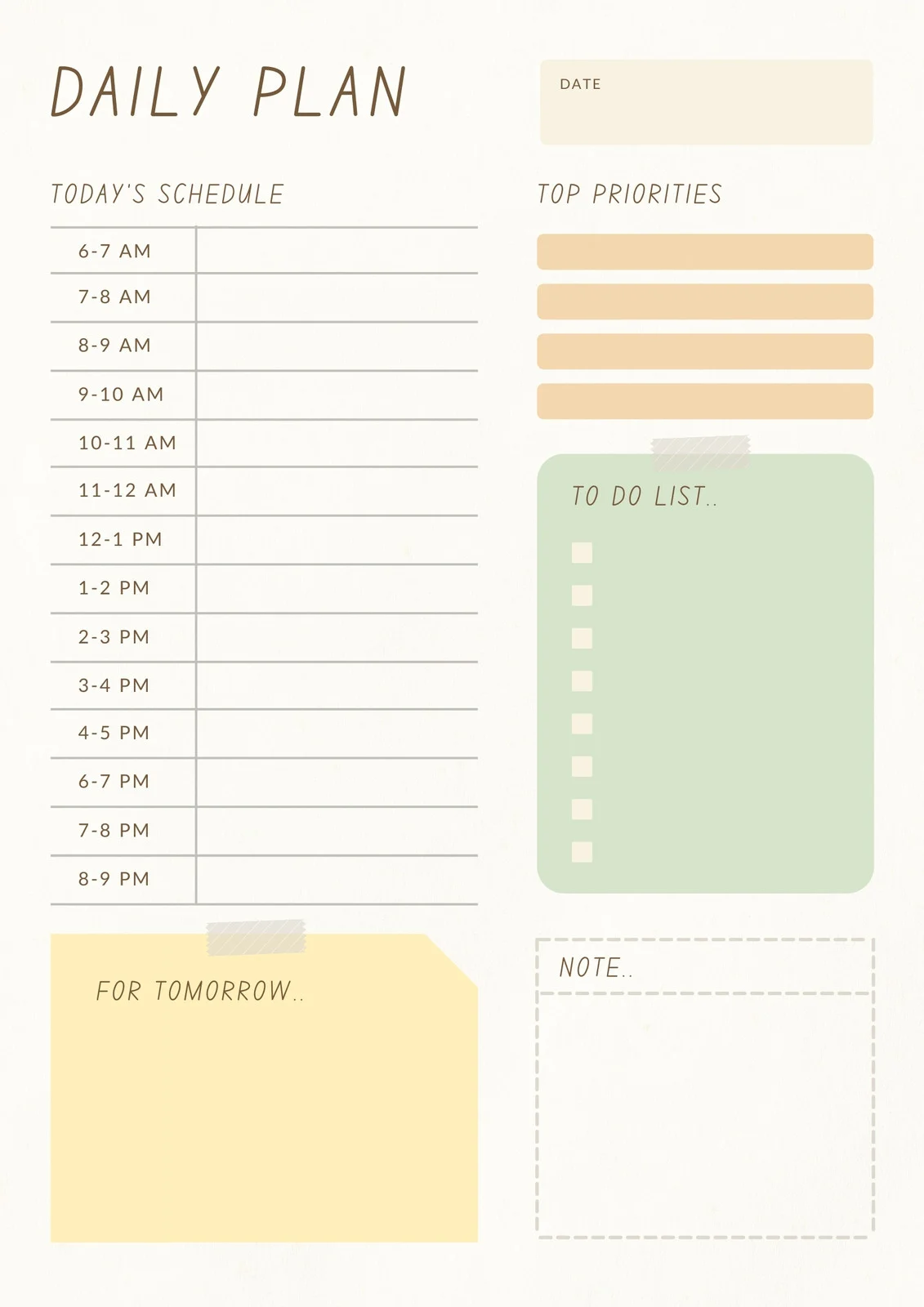Looking for ways to improve your mental health at your work? If so, you’ve arrived at the right place. In the following paragraphs, you will find advice on how to maintain your vital mental health. Read till the end!
Mental Health
Mental health is a way of life. It is a condition of well-being that governs our actions, thoughts, and feelings as well as our physical health, mood, attitude, and belief. Because of this, it is critical to maintaining mental health throughout all stages of life.
Numerous factors such as genes, trauma, abuse, and family dynamics impact how you feel, think and behave.
Mental health at work | Situation
Mental health at work is a delicate and underappreciated topic about which no one speaks. In 2022, around 3.32 billion people are employed globally, up from 2.28 billion in 1991. or an increase of about 1.04 billion individuals. This is more than 50% of the world’s population. Additionally, 1 in 6.8 professionals (14.7%) struggle with mental health issues at work.
Likewise, without adequate support, mental illnesses and other mental health conditions can have an impact on a person’s ability to work successfully, ability to manage absences, and ease of sustaining or obtaining employment.
Furthermore, even though employment is crucial for recovery, those with serious mental illnesses are frequently excluded from it. Families, caregivers, coworkers, communities, and the general public can all be impacted by mental health issues. Each year, depression and anxiety cost the global economy $1 trillion in lost productivity and the world 12 billion working days annually.
Because of this, mental health at work is a pertinent factor that businesses must take into account now and in the future. Untreated mental health issues can have a negative impact on an employee’s quality of life and productivity at work, but studies have also shown that having access to support services and treatment alternatives does make a big difference.
Challenges faced at work that influences mental health
Some of the challenges working people face at work include:
- Removing oneself from people and routine tasks
- Having unusually high degrees of disorientation, forgetfulness, wrath, anguish, grief, or terror
- Arguing or shouting at the people at work
- Enduring significant mood swings that complicate relationships at work
- Inability to carry out regular activities, such as leaving for work
Ways to improve mental health at work
Everyone retains the right to work, and every employee has the right to an atmosphere that is both secure and healthful. Being at work can help to prevent mental health problems, but it can on top make them worse. Mental health issues at work cannot be avoided.
So, what can businesses do in light of this to guarantee that they are offering suitable employer-sponsored help for mental health at work? What can you contribute your part on this?
Here are some 15 ways to improve mental health at work. Take a look!
1. Don’t compare yourself
Recall that the only one to whom you should judge is yourself- you from yesterday. Furthermore, not only are we unhappy when we begin to compare but so are other people. In the worst-case scenario, when we make a comparison ourselves to others, we find ourselves expending more effort on demeaning them than on uplifting ourselves. Take the attention off the other person and place it on yourself if you feel yourself starting to spiral into comparison.
2. Say out loud
Your hesitations and justifications are merely a roadblock that prevents you from realizing your potential for bettering your mental health. When you have access to your coworkers at work, don’t let your mental health continue to deteriorate for another day, week, month, year, or decade. Momentum is what results in a higher degree of life satisfaction. Don’t be reluctant to speak aloud. Talk, share, and interact!
3. Don’t judge
Try to learn to accept your feelings and the reasons behind both your own and other people’s feelings. Nobody has the right to judge you since you are not someone to be judged. Be the buddy you would want in your life. Ignoring your temptation to evaluate others, try to be friendly to them.
4. Contribute to others
There is evidence that volunteering can improve our own physical and mental well-being. Additionally, studies have indicated that volunteering can lessen depressive symptoms and increase self-awareness, self-esteem, and confidence. For instance, it can increase mood, self-esteem, and contentment while reducing stress. There are so many ways we may include helping others in our daily lives. It need not require much effort or money to perform good things.
5. Learn, Learn and Learn
We frequently experience anxiety or depression when we are not challenged. Because of this, developing new talents might enhance your mental well-being at work. You can increase your sense of purpose, self-worth, and confidence by learning something new. You may consider taking a course, earning a new skill certification, or working as a senior employee. Give it a go!
6. Decelerate
In general, slowing down will improve your decision-making and interpersonal relationships. Make time to reflect on yourself. Journaling, meditating, and simply taking pauses are a few beneficial strategies. Remember that even though you may move more slowly, you will move farther.
7. Drink plenty of water
Additionally, drinking water might lessen anxiety and despair. Your body experiences more stress when you are dehydrated, which drains your brain’s energy and prevents serotonin creation in your brain. These factors are much more likely to cause depressive symptoms, but they can be lessened by drinking enough water. So, grab your bottle and take a break!
8. Focus on your strength
What activity do you adore? What pursuits allow you to forget yourself? What prior activities did you enjoy? And, What are your strengths?
Having fun can help you reduce stress. When you engage in an activity you enjoy, it’s likely that you are skilled at it, and completing a goal raises your sense of self-worth. Focusing on a passion, such as crossword puzzles or gardening, can help you temporarily forget your troubles and improve your mood.
9. Accept who you are
Recognize your uniqueness and accept yourself despite your flaws. Furthermore, Avoid self-criticism and don’t judge your value based on what other people think of what you do. When you feel that you fall short of your own expectations, this will help you look and feel better. Trust me!

Happy employee
10. Being kind matters
Giving and cooperating with others can activate the brain’s reward centers, stimulating the production of happy emotions, according to research on the human brain. We may have sentiments of self-worth and a sense of purpose as a result of working with and helping others. Just try volunteering to make someone at work a cup of tea or offering our seat on the bus for somebody who might need it more. This will definitely improve your mood, self-esteem, and happiness.
11. Take a break
Taking pauses helps you maintain your mental and physical wellness. It entails being extremely active. Additionally, It might include doing absolutely nothing. It changes the state of your brain and soothes your central nervous system. Inhale deeply, then unwind. Attempt yoga, meditation, or simply kicking your feet up. Give yourself time to unwind and be still. Give yourself a little “me time.”
12. Prioritize yourself
Your complete well-being depends on giving your mental health the attention it deserves. And, your mental well-being impacts your body, mind, and spirit. Your relationships & physical health will suffer if you can’t look after yourself. It can be difficult at times to prioritize yourself. That’s why learn to say no and make yourself important to yourself. Don’t care what others feel. Just be you.
13. Pay attention and believe in your gut.
Your mental health may increase if you focus more on the here and now. This encompasses your body, your thoughts, and feelings, as well as the environment. This awareness is sometimes referred to as “mindfulness.” You may have more fun in life and learn more about yourself by practicing mindfulness. Additionally, it aids in stress management.
14. Discuss mental health
We are all human beings. Consequently, it is common for us to feel intimidated by how we are feeling or when something goes wrong. Don’t be afraid to seek assistance if you feel that you can no longer handle the situation. Discuss workplace issues related to mental health with your coworkers. You might also start a support group within your company. This will benefit not only you but also the nearby sufferers of mental illness.
15. Eat, sleep and Exercise
Only you can help yourself if you’re suffering from the inside.
There are significant links between our dietary habits and how we feel. Your mental health will be improved for a long time by having a balanced diet, getting enough sleep, and engaging in meditation or physical activity. So, have nuts, have a healthy meal, rest well, and EXERCISE!
Conclusion
So, heed the advice above to avoid regretting it later. It can be too late by the time you discuss it and expose it in your work. Remember that mental health is only a state. Nothing is wrong with you. Being composed and accepting of who you are is key. Be self-assured and trust in yourself. You now have this!
FAQs
Are mental health problems curable?
Yes, mental health problems are curable. Don’t lose hope in yourself and seek help.
How to deal with a work partner telling me what to do?
If you have a friend of yours at work dealing with themselves mentally, then simply try to talk. Try to make them talk and feel secure. Listen and react accordingly. Your patience and attention are all that they seek.
Do I need to take medications if I am unwell?
Taking medications depends on how much unwell you are. Sometimes it is very essential and sometimes counseling is enough. But be sure that taking medications won’t make you dependent on them. It will just make you feel better.
Also, Read- How to talk about mental health at work



